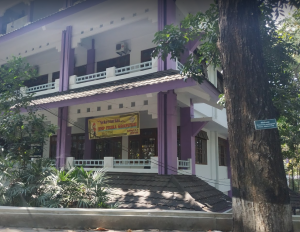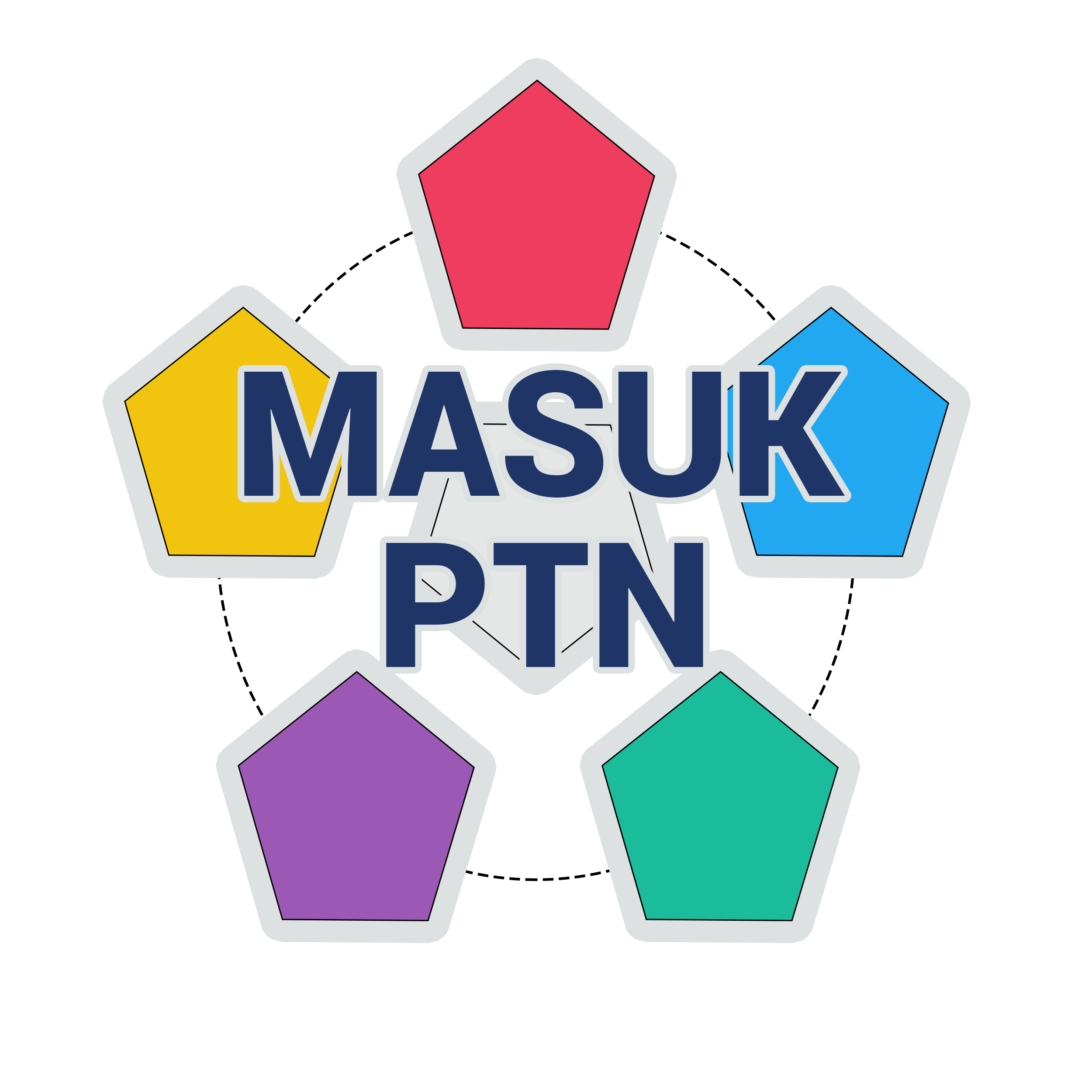SEJARAH
Bachelor’s Program in Chemistry Education is one of the study programs within the Faculty of Teacher Training and Education, Universitas Sebelas Maret. The history of Bachelor’s Program in Chemistry Education begins with the birth of the Surakarta Universitas Negeri Sebelas Maret or better known as the Universitas Sebelas Maret (UNS) based on the Presidential Decree of the Republic of Indonesia No. 10 of 1976 March 8
At the time UNS was established there were 9 faculties, two of which were the Teaching Faculty (FKg) and the Faculty of Education (FIP). At that time the Bachelor’s Program in Chemistry Education status was as a Chemistry Department with a baccalaureate program under FKg UNS and began accepting undergraduate students in 1979. In subsequent developments FKg and FIP merged into one faculty, namely the Faculty of Teacher Training and Education (FKIP) based on Presidential Decree No. . 55 of 1982. Then one year after there was a determination of the type and number of departments in each faculty within UNS (SK Mendikbud RI no 0555/O/1983), the Department of Chemistry FKIP UNS changed its status and name to the Chemistry Education Study Program which was gathered in the PMIPA Department based on the Decree of the Director General of Higher Education No. 39/DIKTI/Kep/1984. Furthermore, based on the Decree of the Minister of Education and Culture of the Republic of Indonesia No. 82 of 2014 concerning Organization and Work Procedures (OTK) of UNS, the PMIPA Department was removed aBachelor’s Program in Chemistry Education is part of the UNS FKIP until now. PS S1 PKimia FKIP UNS has its address at Jalan Ir. Sutami No. 36A, Kentingan, Surakarta-57126, Tel. (0271) 646994 Psw.376, Fax. (0271) 648939.
LAB
- Lab Safety
- Laboratory Instrument
- Analytical Chemistry and Basic Chemistry Laboratory
- Physical Chemistry and Inorganic Chemistry Laboratory
- Organic Chemistry and Biochemistry Laboratory
- Research Laboratory
- Research Laboratory
- Learning Media Laboratory
- Micro Teaching Laboratory
PROGRAM STUDI
Vision:
“Become a study program with international reputation and contribute to the development of science and technology in chemistry education based on the noble values of national culture.”
Mission:
- Organizing innovative education and learning based on the latest developments in the field of chemistry education;
- Carry out research and development that supports the implementation of chemistry education and learning, and publish it at the national and international levels;
- Organizing community service activities in the field of chemistry and chemical education to improve the quality of chemistry education and expand cooperation networks.
Goals to be achieved:
- Produce graduates who are faithful and devoted to God, have noble personality, have global insight, have a high cumulative achievement index and are ready to become educators, researchers, or educational entrepreneurs with shorter waiting periods;
- Produce new development works that support the implementation of chemistry education and learning, as a basis for solving problems in society and for building a better life and disseminating it to achieve national and international recognition;
- Produce works of community service that are able to solve practical problems in the field of Chemistry Education, and increase collaboration networks in order to realize an internationally reputable study program.
The mechanism for taking independent learning activities at bachelor’s Program in Chemistry Education, Universitas Sebelas Maret refers to a structured form, where independent learning activities can be recognized according to the courses in the bachelor’s Program in Chemistry Education, Universitas Sebelas Maret curriculum. Exchange of courses can only be done with bachelor’s program that has collaborated with bachelor’s Program in Chemistry Education, Universitas Sebelas Maret. The pattern used is 4-1-2-1. A maximum of 20 credits outside the bachelor’s Program in Chemistry Education, Universitas Sebelas Maret can be taken in fifth semester without closing the possibility if there are courses outside PS in third semester that can be exchanged and have conformity with the CPL bachelor’s Program in Chemistry Education, Universitas Sebelas Maret.
In sixth and seventh semesters students can carry out one or more learning activities outside UNS whose competence can be recognized in the form of information with courses in bachelor’s program outside UNS in semesters that have CPL competence equivalent to a maximum of 20 credits per semester. MBKM activities that can be recognized for changing courses include:
- Student exchange
- Internship / work practice
- Teaching assistance in educational units
- Research / Research
- Humanitarian projects
- Entrepreneurial activities
- Independent studies / projects
- Building villages / Community Service Program

 MASUK PTN
MASUK PTN